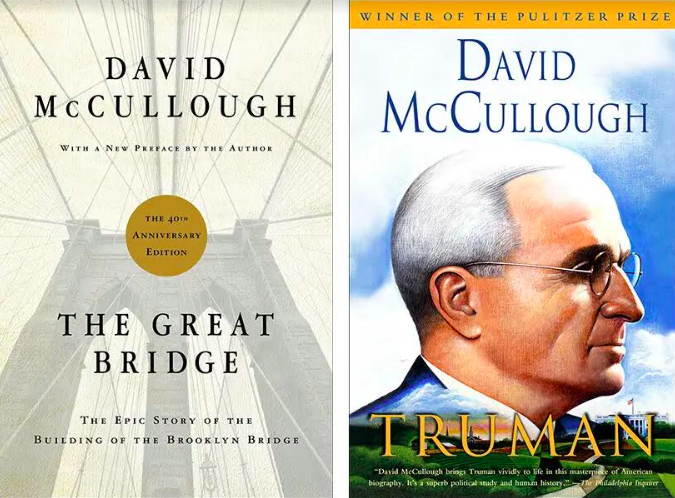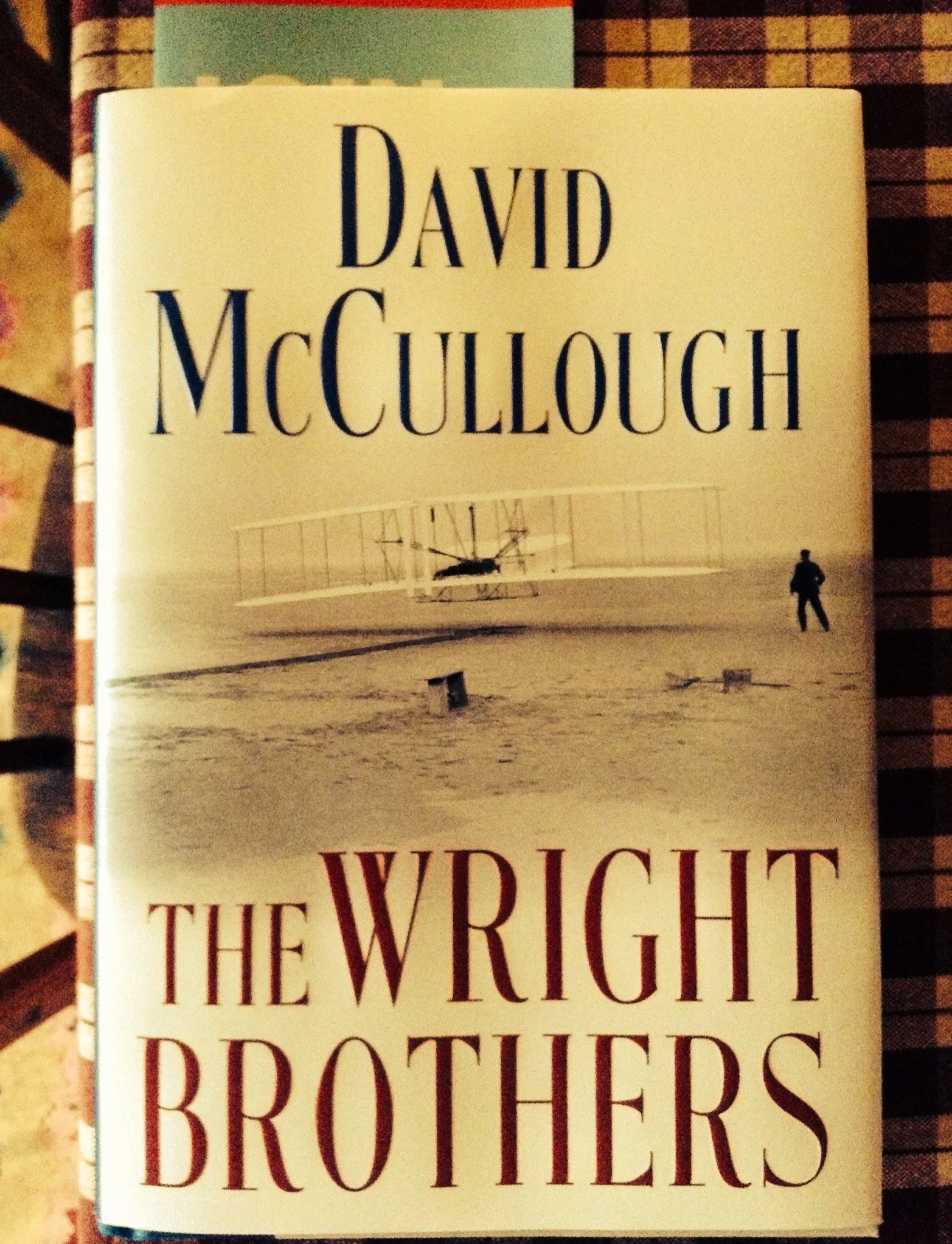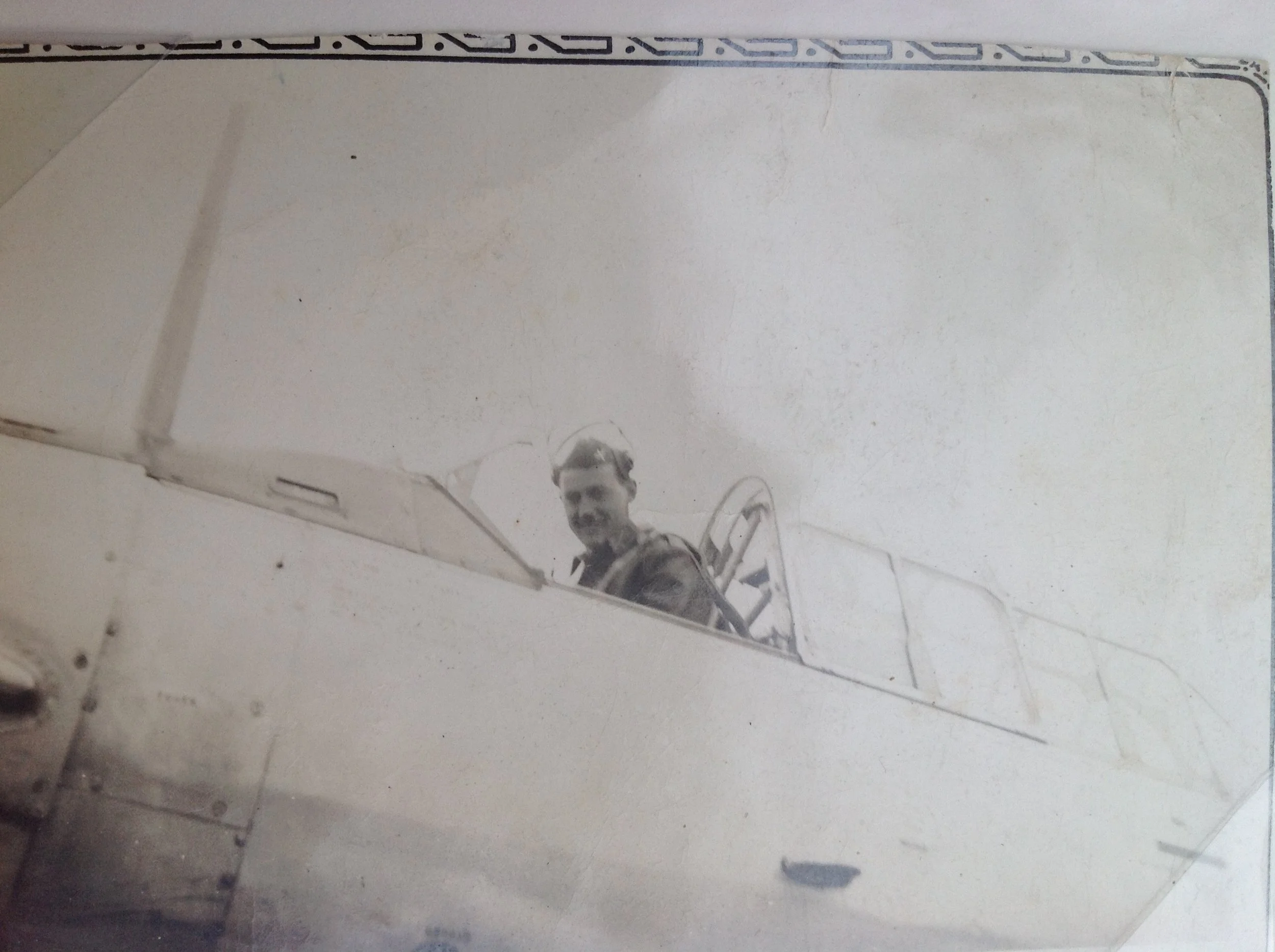Remembrances of David McCullough
Historian David McCullough (Jacquelyn Martin/AP Photo).
On August 10, 2022, a moving remembrance by Candice Millard of America’s beloved master historian David McCullough appeared in The Atlantic. “With the death this week of David McCullough,” she writes, “we lost an author who understood how to find the stories that made history feel relevant and real.” Millard, a brilliant biographer in her own right, lives with her family in Kansas City where McCullough’s gifts as a researcher are highly esteemed.
In a folder in her desk drawer, Millard keeps a copy of an interview with McCullough that she read two years ago and saved. “There are a number of ways to begin a book,” McCullough had told the interviewer. “I like to begin with somebody on the move.” The first book Millard had read by McCullough was John Adams (2001) that begins “In the cold, nearly colorless light of a New England winter, two men on horseback traveled the coast road below Boston, heading north.” For Millard, that was all it took. “I wanted to know who these men were, where they were going, what was going to happen next. I did not care that the book was nearly 800 pages long. I was hooked.”
“McCullough always told stories,” Millard points out. “History was for everyone,” McCullough said in a speech given for the Jefferson Lecture in the Humanities in 2003 titled “The Course of Human Events.” “It affected us all, so it belonged to us all. It could begin or prevent wars; expand or distort human understanding; connect us to other cultures, other times, other species. It was important, but that did not mean that we had to grit our teeth and set out on a forced march through the past. On the contrary, we should be sucked in from the first page.”
McCullough was drawn to subjects that moved him--the Johnstown Flood (1968), the epic building of the Brooklyn Bridge, the creation of the Panama Canal (1977), the Wright Brothers (2015), the young Theodore Roosevelt (1981), as well as Truman (1992) and John Adam (2001)—two presidential biographies for which he won Pulitzer prizes.
Kit and I were in the audience at Jesse Auditorium at the University of Missouri the night McCullough learned that he’d just received a Pulitzer for Truman—a deeply researched biography that made him a regular fixture at the Truman Library in Independence, MO for over a decade. In the two hours that he spoke about Harry S. Truman—a quiet, piano-playing haberdasher from Missouri—we came to know the very human story of Truman’s complicated presidency as we hung on McCullough’s every word.
In 2015, McCullough published a biography of the Wright Brothers. It begins with this quote: No bird soars in a calm. Wilbur Wright. The reader then learns that Wilbur and Orville avidly studied birdlife, “eagles, snow-white gannets, hawks, pigeons, turkey vultures, or buzzards, as they were known on the North Carolina Outer Banks, with wing spans of as much as six feet.” The secret to the art of flight, their investigations told them “was to be found in the arched or vaulted wings of birds, by which they could ride the wind.” From that first soaring line, I was hooked.
On a hot June day that summer, my friend Michael Long called and invited me to a special guest appearance by McCullough that was taking place that same evening at the Kansas City Public Library. He’d reserved two tickets for the evening talk. We needed to leave by 2 p.m. to get in the queue ahead of 998 other people who were also hoping to get in.
I was just coming off a two-week stretch of houseguests, patterns broken, and perpetually rainy days. The last thing I had in mind was a 282-mile round trip to Kansas City. Then, Michael called.
I loved David McCullough’s historical works documenting places, events and remarkable people who have shaped America—a monumental literary accomplishment that has earned him the Presidential Medal of Freedom Citation. So, of course, I went to KC with Michael that afternoon.
A spur-of-the-moment flight with the Wright Brothers was exactly the lift that I needed that day. Arriving early and joining the queue already forming, we passed 90 minutes in 90-degree heat, eager to hear one of America’s most distinguished and celebrated historians speak about the character of two men from Dayton, Ohio who believed, at a time when very few did, in the ability of humankind to master the art of flight. That evening, the packed crowd soared with Wilbur and Orville Wright as McCullough recounted one seemingly insurmountable obstacle after another in both their personal lives and quest to fly.
As I listened, I thought about my father, the seventh of seven children, who was raised on a small dairy farm in Bedford, Pennsylvania. Before finishing his senior year at the University of West Virginia, Dad took a train from Pittsburgh—McCullough’s hometown—to Sikeston, Missouri. There, he learned to fly from a makeshift runway that had earlier been a cotton field. As a cadet, Dad flew countless solo hours in open cockpit planes while earning his wings, soaring with the wind in his hair above American landscapes that until then had only been lines on maps and illustrations in geography books. Later, as a 25-year-old B-29 commander, Dad flew long-range missions during World War II from Guam to Japan—an experience the Wright Brothers had yet to imagine.
David McCullough’s gift was making history human. And as author Candice Millard wrote in her Atlantic tribute following his recent death, the great biographer understood how to find the stories that made history feel relevant and real.




